I grew up on the Isle of Wight and regularly spent my childhood summers at the beach. Between building sandcastles and eating too much ice cream, I would happily run in to the sea knowing the only thing I had to worry about was not getting caught in the strong current going in and out the harbour.
When I was 9 however, that all changed.
Suddenly my biggest fear was not being pulled out to sea and out of my depth, no, my biggest fear became being eaten by a giant shark. Well, any shark for that matter.
Since watching Jaws at 9 years old, I have had a lifelong fear of being in the sea. Now don’t get me wrong, if I ever make it to one of those white sandy beaches in the Maldives that I dream about then I will happily splash around in a few feet of crystal clear blue waters. But the murky and potentially monster-rife seas such as those off the Isle of Wight? No thank you.
My local beach. The circling sharks are just out of shot…
Watching Jaws all those years ago forever changed my relationship with the sea. I know it’s irrational (yeah but is it?), but that’s the power of film.
In preparation for writing this blog, I asked on Twitter if anyone felt they had developed an association with a person, place or thing due its portrayal in a fictional film. One follower responded that she will go to any lengths to avoid getting in a lift alone due to the scene in Silence of the Lambs when a body falls from the ceiling.
Hello, Clarice…The lift scene from Silence of the Lambs
The moment I initially started questioning how film may have impacted public opinion on Artificial Intelligence is when a friend asked if the work I do at Sentient Machines will eventually lead to the evolution of a machine such as V.I.K.I. in 2004’s iRobot that seeks to wipe out humankind.
Whilst the question seems funny to me now, I can’t deny that a few years ago before working at Sentient Machines I may have posed a similar question. After all, as an avid filmgoer I have seen the ‘AI becomes sentient and tries to take over the world’ narrative played out many, many times. The Matrix, The Terminator, 2001: A Space Odyssey, and more recently Avengers: Age of Ultron, to name a few.
The creators of these films imagine a world where humans have lost control of the technology they developed and must fight for survival of the human species. It could also be suggested the writers and directors of these films are predicting a world where these things happen. After all, many notable figures in the world of tech such as Bill Gates, Elon Musk, and even Stephen Hawking have all made warnings against the potential consequences of AI.
But how accurate is the silver screen’s depiction and are the fears of my friend based off of these films warranted? Is AI going rogue, building a robot army and attempting to eradicate humans as likely as finding a dead body on top of a lift or being attacked by a giant shark off the Isle of Wight? Considering the capabilities required to orchestrate a world of machine dominance as seen in these blockbuster films, technology remains eons away from creating anything so multifaceted (and let's not forget, the machine would first have to become "conscious" and choose to rebel).
Yes, there are without a doubt many specific tasks where a well-trained machine can perform at greater speed and with more accuracy than a human, but only because it has been taught by a human how to excel in that particular task. Could you train a robot to kill? Of course you could, but you could train a human to kill also, so really the discussion comes down to ethics*. How we define and monitor ethics within the development and use of AI is something we must never ignore or take lightly, but we should also not let fear impede our technological advancement.
*It's also worth noting that a robot trained to kill is very different from a robot who - of its own free - will decides to kill.
I believe that by harnessing AI’s incredible ability to simplify and accelerate these often mundane or humanly unscalable tasks, we as human beings can thrive. If you look hard enough, stories of AI being used for good are everywhere, unfortunately they just don’t always make for exciting movies (aside from Wall-E of course, the story of a robot tasked with clearing rubbish from the streets of Earth, a personal favourite of mine).
This Forbes list ‘8 Powerful Examples of AI for Good’ details just a few of the many positive uses of AI within healthcare, education, human rights, and the fight against climate change. These examples include drones delivering crucial medical supplies or helping clear plastic from the ocean, as well as facial recognition software used to combat human trafficking.
Undoubtedly, our day to day interaction with some form of AI is only going to increase and it is therefore important we look beyond film and encourage others do the same in order to gain a true understanding of the technology facing us - especially if we want to make use of its full potential.
As for me and the sea...if someone could create an AI-powered device (waterproof, obviously) that alerts me to the proximity of sharks relative to my location, that might just tempt me back in.





